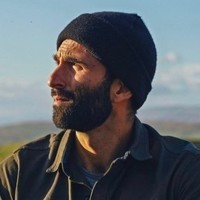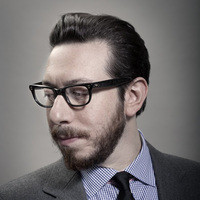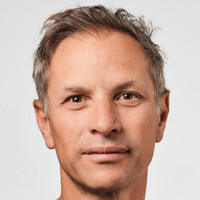Jason Motlagh, a journalist and filmmaker, is a contributing editor at Rolling Stone and the founder of Blackbeard Films. He won the Polk's Sydney Schanberg Prize for “This Will End in Blood and Ashes,” an account of the collapse of order in Haiti.
“Once you've gotten used to this kind of metabolism, it can be hard to walk away from it. Ordinary life can be a little flat sometimes. And so that's always kind of built in. I accept that. I think I've just tried to be more honest about like, [am I taking this risk] because I need a bump my life? Or do you really believe in what you're doing? And I feel like I really do need to believe in the purpose of the story. There has to be some motivation greater than myself."
This is the last in a series of conversations with winners of this year's George Polk Awards in Journalism.









